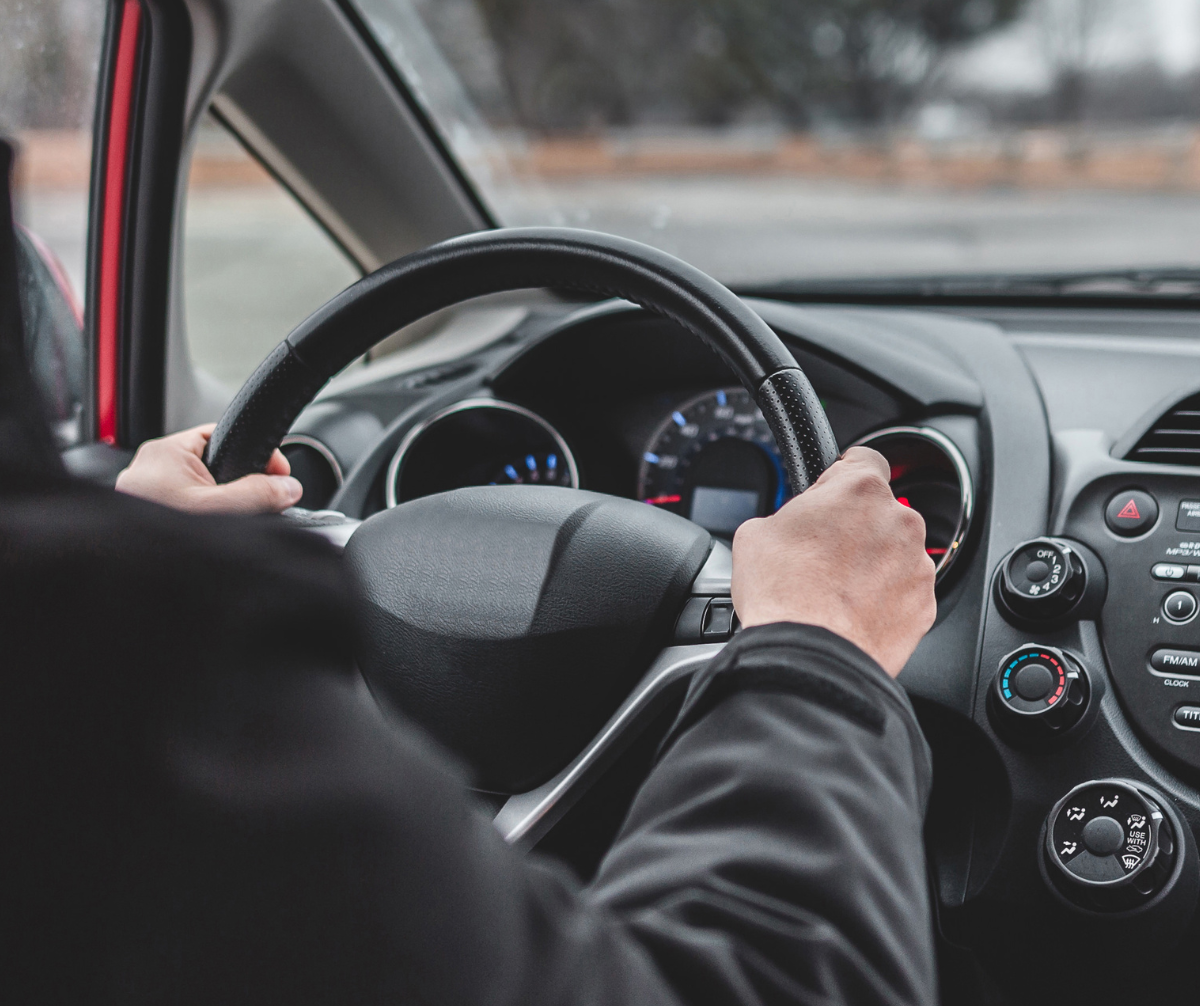
September 5, 2023
In many companies, employees drive during the course of their jobs — to make deliveries, visit customers or pick up supplies. In some cases, they use their own cars, which can offer several business advantages, including that you don’t:
Beware of Unexpected Situations
The Insurance Information Institute notes that business owners often don’t realize the liability issues that can arise from employees using their own cars. For example:
“These are all situations where a business can find itself liable for an auto accident with damages higher than the policy limit of the employee’s personal auto policy,” explains the Institute.
However, just because someone uses a personal auto doesn’t relieve the employer of liability if the employee injures someone while on the job. An employer would become “vicariously liable” for any injuries an employee caused to a third party during the course of working. (Time spent commuting to and from work isn’t considered work time; therefore, an employer has no liability for an accident that occurs during a commute.)
As an employer, you can take a few steps to protect yourself from liability when employees drive their own vehicles for work:
1. When hiring for all positions that require driving, check applicants’ motor vehicle records before making final job offers. This will show any traffic tickets they’ve received or accidents they’ve been involved in. Avoid hiring someone with multiple moving violations — especially speeding or failing to obey signals. Studies have shown that habitually careless drivers are more likely to become involved in accidents.
2. Require employees who drive for work to carry a personal auto policy with at least $500,000 in liability coverage. (Some employees might have very low limits, which only satisfy state financial responsibility requirements.) As mentioned, the employee’s insurance serves as your first layer of liability coverage, so be sure to notify employees that if they’re involved in a work-related accident, their policy will respond first. Require employees to submit proof of insurance and make continuing coverage a condition of the job.
3. Consider buying a business auto insurance policy (BAP) to cover auto-related liability exposures. The policy can be written to cover any commercial auto-related liability exposures, indicated by “symbols” on the schedule of coverages. To see whether your policy covers employee-owned vehicles, check for either Symbol 1 (which covers “any auto”) or Symbol 9 (non-owned autos only) in the schedule of coverages. Note: If you have Symbol 9 coverage only, the BAP provides liability coverage and nothing else. It doesn’t cover property damage to an employee’s car.
A BAP covers only the liability of the named insured — that is, the employer. The business auto policy (and your other liability policies) don’t cover the employee’s liability.
The policy and other commercial liability policies also don’t cover any injuries an employee causes to a fellow employee. Workers’ compensation protects you from this type of claim.
In some states, employees can sue their colleagues for work-related injuries under certain circumstances. The employer’s workers’ compensation insurance doesn’t provide coverage for this kind of claim, making the employee personally liable. If you want to provide employees with liability protection for this and other situations, you can buy additional coverage in an “employees as insureds” endorsement. The endorsement provides employees with coverage under your BAP, secondary to the employee’s personal auto policy.
Businesses have many different kinds of insurance needs. Check into how your company handles employee drivers and be sure you have adequate and cost-effective coverage. Your CPA can help you assess your insurance costs.